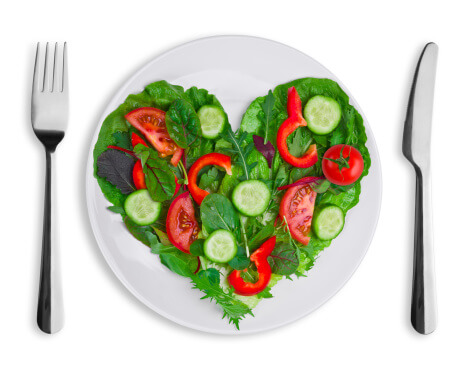
Types of Vegetarians
The discussion as to what exactly qualifies someone to be considered a vegetarian has been the subject of extensive debate, and at least one politician has authorized a government study of the issue. To assist in clearing matters, and to provide nourishing food for thought, what follows is a list, with explanations, of the general sub-categories associated with this sectarian approach to supping.
The “I-dislike-meat” vegetarian
This category of vegetarian is the broadest as it includes those who eschew meat simply because they do not care for the taste or texture of the stuff. They have no underlying health or political motivation other than a disdain for how meat feels twixt the teeth. These individuals may still consume animal products in the form of eggs, dairy, broth, stock, or aroma. On a piscatorian side note, fish may still be on the scale of edibles.
From here, the categories within the vegetarian community become increasingly refined, with the only common denominator being a diet centered on plant-based products, broadly described as “not eating anything with a face,” although their diet may include either eggs or dairy or both.
Lacto-ovo vegetarian
Next on the scale, insofar as to how broad the diet may be, is the lacto-ovo group. The individuals in this category will consume eggs and dairy products in conjunction with plant-based foods, but refuse meat and fish in toto.
Ovo-vegetarian
For the ovo-vegetarian, plant-based foods fill a greater portion of the menu. However, these individuals have no objections to including ovarian foods on the daily platter, but both meat and dairy products have been eighty-sixed, replaced by a range of healthy and delicious substitutes including soy or almond milk, tofu, vegetarian margarine, and a host of accessible alternatives.
Lacto-vegetarian
Paralleling the ovo-vegetarian strata are the lacto-vegetarians – those who decline to consume eggs, meats, and fish in all forms, but will indulge in dairy products when the mood or need strikes. They, too, have a wealth of plant-based substitutions available for creating extraordinary dishes and delightful dining options.
Vegan
Vegans consume only plant-based foods and are opposed to eating animal products in any form or fashion. Besides identifying the health benefits of this particular diet, they hold a political and ethical position as well, citing a concern for how animals are treated and having a disdain for the abuse associate with using them for human needs. With that, veganism is the most far-reaching concept of vegetarianism, as it also entails refusing to consume animal products in any form or fashion.
Those who are interested in becoming a practicing vegetarian will find degrees of this philosophy suited to their views and goals. And, while there may be a great deal of infighting within the vegetarian community concerning who can rightly bear the standard, there is little doubt as to the benefits hygeian.